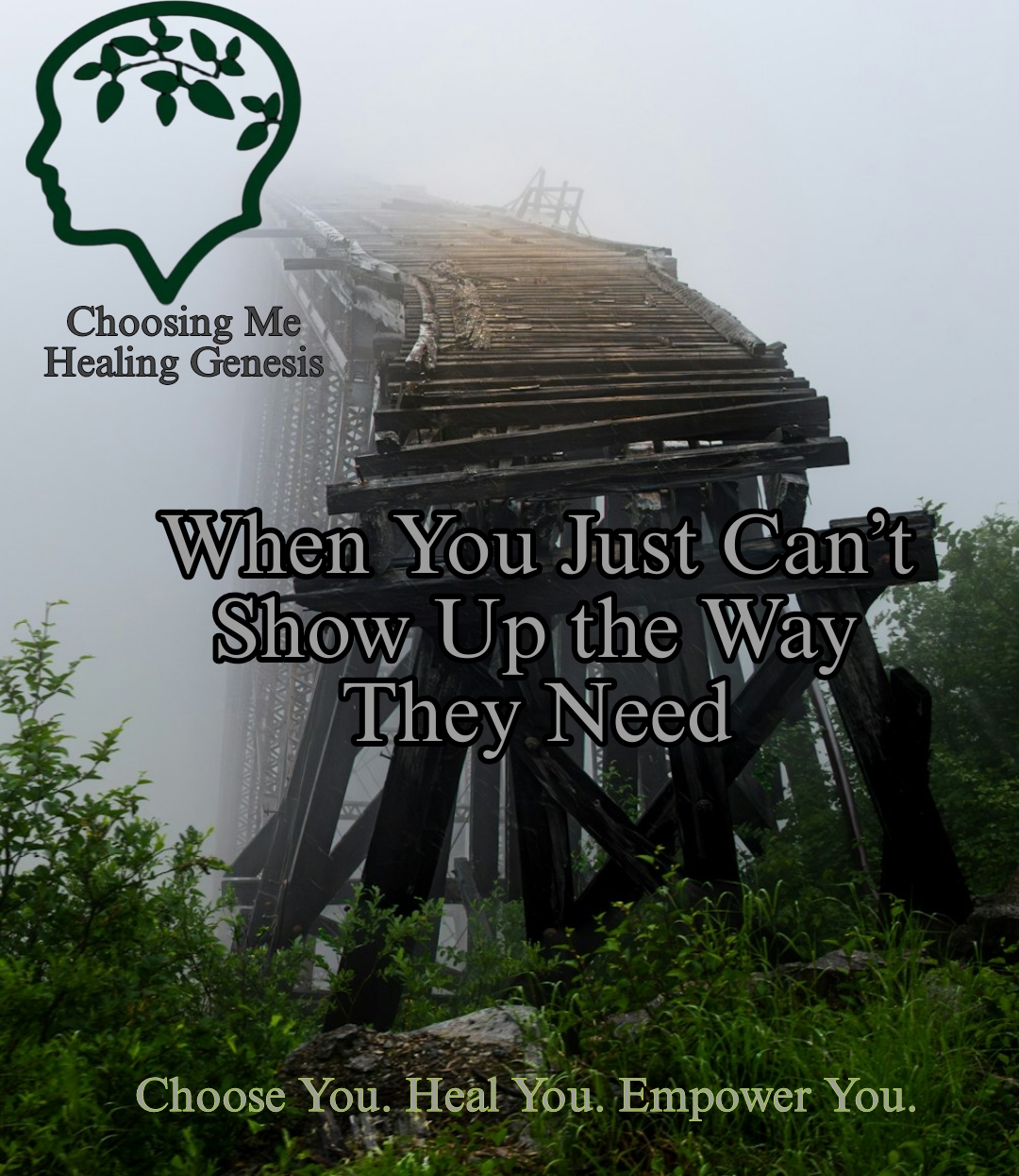When You Just Can’t Show Up the Way They Need
Sometimes, we find ourselves unable to show up for the people we love in the ways they need us to. Instead of offering the comforting embrace they’re searching for, we respond with a joke, or our nervous laughter fills the silence in moments when they just need understanding. It’s strange, almost unnerving, that in these important times, our instinct can feel so out of sync with what our loved ones hope to receive.
This isn’t about a lack of love; it’s more like a misfire. Somewhere between our intent to connect and what comes out, something gets lost in translation. We want to soothe their pain, but for some reason, words that sound right in our minds don’t land well. Maybe it’s a defense mechanism or a deep-seated habit, but it’s as though our heart and mind are speaking in different languages, clashing right when connection feels most crucial.
Why We React in Odd Ways
If we look deeper, maybe it’s about feeling overwhelmed by the rawness of someone else’s emotions. Being present with another person’s pain requires us to step out of our comfort zones, to confront something raw, real, and intense. It’s scary. So, we reach for humor, for distraction, or even push away what we don’t know how to hold. Our attempts to cope with their pain might end up feeling more like abandonment than support, even though all we want is to make them feel better.
Psychologists sometimes call this “emotional dysregulation.” When we’re hit with an emotion we don’t know how to process, we react almost reflexively, reaching for whatever feels like a lifeboat—even if it’s the wrong one.
Is There a Way Around It?
Maybe this is one of those things that isn’t about finding a solution but learning how to live with it. Can we accept that sometimes, despite our best intentions, we might not respond in the “perfect” way? That maybe our laughter, silence, or rambling doesn’t make us any less caring, but is simply how we’ve learned to process?
There’s a chance that part of loving others fully means accepting the ways we sometimes fall short in showing up. It’s not about justifying hurtful actions, but recognizing that our quirks, our misplaced reactions, are part of our own humanity. By understanding this, we might approach ourselves—and our relationships—with a bit more grace.
What Can We Offer Instead?
When words fail, presence doesn’t have to. Being there, even quietly, can be a kind of comfort. Sometimes, just staying in the room with someone’s grief without fixing it speaks louder than any advice. We might not say the “perfect” thing, but our presence alone shows love in ways that words often can’t.
So maybe it’s okay that we don’t always show up exactly right. There’s a beauty in trying, in giving what we can, however imperfect that may look. Showing up, as we are, may be enough.


0 Comments